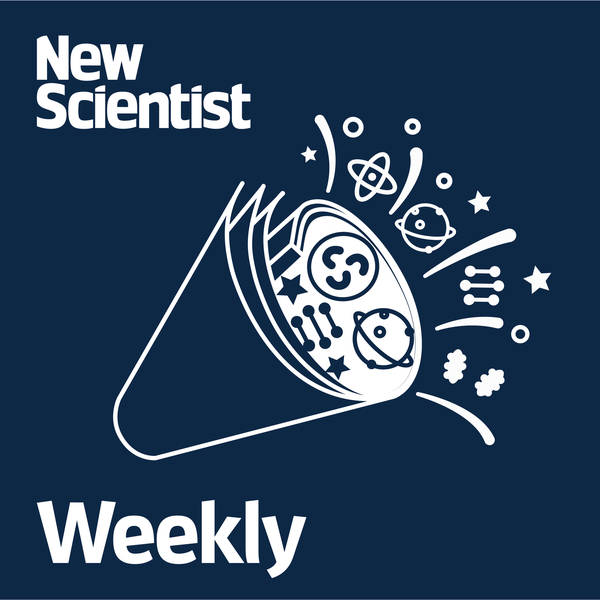
#134 Artemis moon mission; decoding the dreams of mice
The launch of NASA’s Artemis moon rocket didn’t go to plan this week. The team looks at the problems that stopped this long-awaited launch. And with the launch rescheduled for Saturday, they find out what the mission hopes to achieve.
Deep below the surface of the Earth live nearly half of all microbes on the planet. While studying life in the deep biosphere is tough, the team shares an exciting development. Researchers have managed to find and analyse a type of heat-loving bacteria, called thermophiles, that eat petroleum.
As the global climate warms, some areas of the world will become unlivable, forcing people to leave their homes and countries. In her new book ‘Nomad Century’ Gaia Vince explains how the tragedy of mass climate migration can also be seen as an opportunity. She explains her thinking, and the action we urgently need to take to survive in a warming world.
Why do our eyes dart around when we dream? It’s long been a mystery, but the team learns how mice are helping us understand what really happens during REM sleep.
Mucus is incredibly important for mammals, keeping everything running like a well oiled machine. Now surprising new research looking at species as diverse as rhinos, pangolins and ferrets has revealed its unusual evolutionary history, and the team discusses these findings.
On the pod are Penny Sarchet, Chelsea Whyte, James Dinnean, Clare Wilson and Corryn Wetzel. To read about these stories and much more, subscribe at newscientist.com/podcasts.
Events, podcasts and discount codes:
50% discounted subscription: newscientist.com/pod50
New Scientist Live: newscientist.com/live
Hosted on Acast. See acast.com/privacy for more information.
Learn more about your ad choices. Visit megaphone.fm/adchoices
